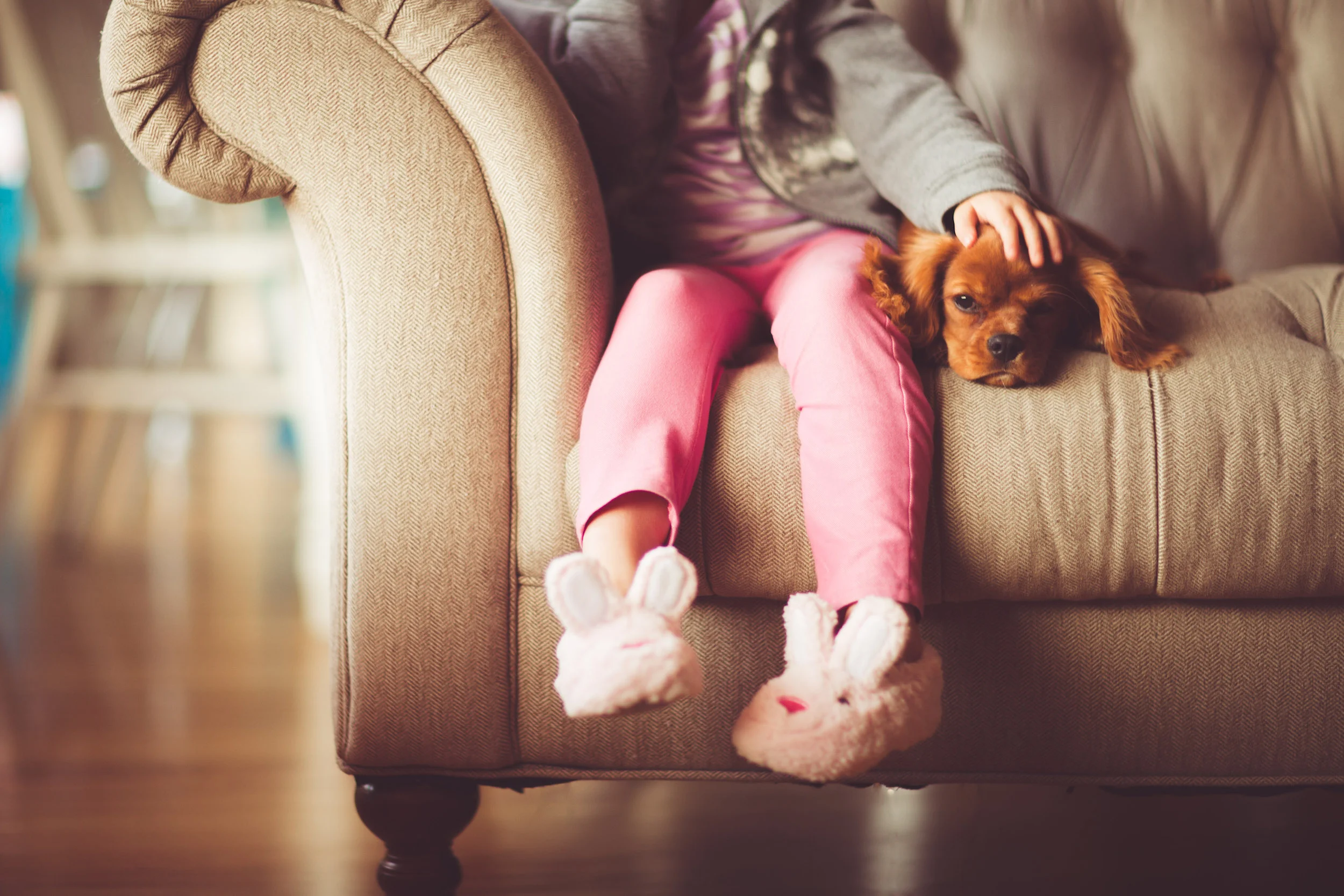Counseling for Children
Sometimes children, like adults, can benefit from therapy. Therapy can help children develop problem-solving skills and also teach them the value of seeking help. Therapists can help children and families deal with stress and a variety of emotional and behavioral issues.
Therapy can be very effective for families with young children. You can begin to develop an understanding about what’s happening with your child and within your family dynamics.
Your therapist will take a look at what’s going on with your child and within your family. Your therapist will work with you to figure out the root causes of your child’s emotional or behavioral upsets. They can also help you learn how to interact with your child in ways that support long-term, healthy social and emotional development. You can create strategies for strengthening the attachment between you and your child. Developing these approaches now will set the stage for later interactions. It can also help children develop increased resiliency and the social and emotional wellbeing that they’ll carry with them throughout life.
Adolescents
Adolescence is a critical period for mental, social, and emotional wellbeing and development. During this time, the brain will go through significant developmental changes, creating neural pathways and behavior patterns that will last later in life. Because their brains are still developing, adolescents are particularly open to the positive influences of youth development strategies, social and emotional learning, and behavioral modeling. But adolescents’ developing brains, along with hormonal changes, make them more prone to depression and sometimes more likely to engage in risky and thrill-seeking behaviors than either younger children or adults. These and other factors underline the importance of meeting the mental, social, and emotional health needs of this age group.
Adults
Psychotherapy can help you heal and learn more constructive ways to deal with the problems or issues within your life. It can also be a supportive process when going through a difficult period or when under increased stress, such as starting a new career or going through a divorce.
Generally, psychotherapy is recommended whenever someone is struggling with a life, relationship, or work issue or a specific mental health concern, and these issues are causing the individual a great deal of pain or upset for longer than a few days. Psychotherapy is most successful when the individual enters therapy on their own and has a strong desire to change.
Counseling for Families, Couples, Marital and Divorce Issues
Ideally, we often look to our family members and partners for support, from whom we draw knowledge, strength and feedback, for whom we feel love and concern, and with whom we feel close and comfortable, openly communicating our thoughts and feelings. However, that is not always the case. In all of our lives, it may become difficult when problems arise. We all encounter challenges at different times such as stress, misunderstanding, anger, disconnection, and unmet needs. These challenges and conflicts may result from unaddressed behavioral and mental health problems in the family. Counseling for families and couples helps to identify and address these events.
Therapy can be important for children whose parents are divorcing. Because parents may often be consumed with their own feelings during a divorce, they might overlook the emotional state of their children, who may be confused by the divorce or feel guilt, loss, pain, or abandonment.
If all members of the family are able to discuss their feelings about any issues that arise as a result of divorce, they may be able to process their emotions more easily and better adjust to the changes. People also sometimes seek therapy to help them decide whether to stay in a marriage or leave. Others may want counseling to make the transition from being married to being single again. These are goals that can be addressed in individual or couples therapy.

